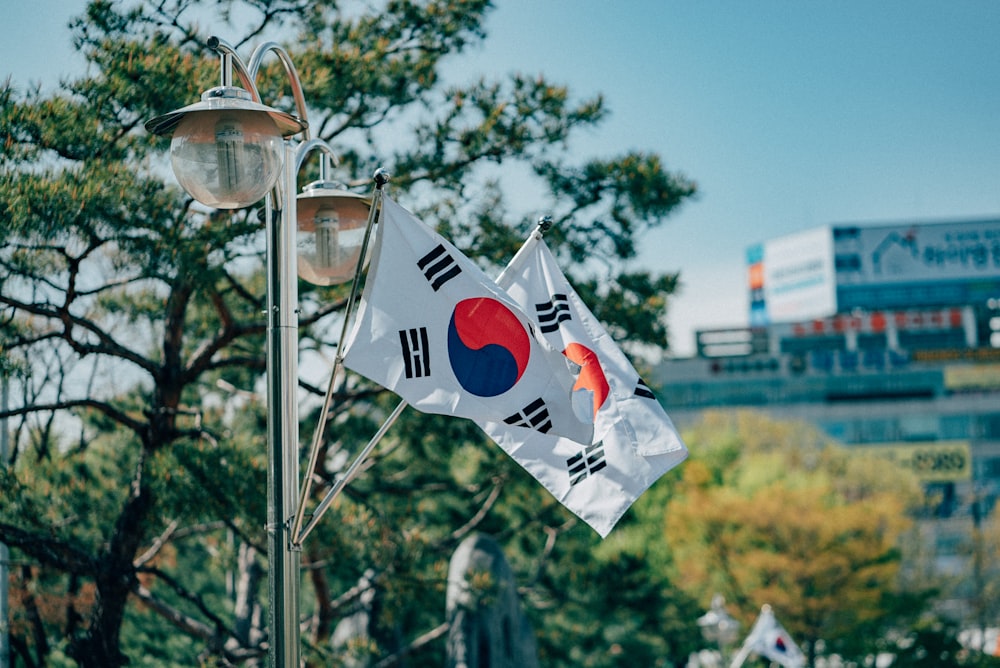
South Korea is located in East Asia, washed by the Yellow, Japanese, and East China Seas, and has a comfortable climate. The main political, cultural and economic center of the country is the capital Seoul. The main language used in South Korea is Korean, but English is also widely spoken, especially in large multinational companies.
The population of South Korea in 2020 is about 51.3 million people, unemployment does not exceed 3.8%. The majority of residents are employed in the service sector – 70%, followed by industry, about 24%, and agriculture account for up to 6% of the workforce.
Employment in South Korea
In order to leave for South Korea to work, you need to obtain a work visa. Usually, the document is tied to a specific vacancy and in case of a change of employer or workplace, you will need to apply for a visa again. An application for a work visa is submitted by the applicant to the Korean Consulate in his country in person, but only after concluding an employment contract with the employer. This is the main difficulty of the foreign worker.
A company in South Korea that is going to hire a foreign specialist is required to obtain a special certificate confirming the legality of the employment of a foreigner. Not all employers are eager to spend time going through this procedure. It should be noted right away that illegal work in South Korea threatens with large fines and deportation from the country, followed by a ban on entry.
Documents for a work visa
- Application and correctly completed visa application form;
- International passport;
- One-color photograph taken within the last 6 months;
- Autobiography;
- A detailed description of the upcoming labor activity;
- Educational diplomas and other documents confirming qualifications;
- A certificate confirming the existence of an employment contract that allows you to work in Korea;
- Certificate of no criminal record;
- Medical insurance.
The term for issuing a work visa to South Korea takes up to one month. Initially, the document is issued for one year with the right to renew, but only if the employer does not change.
The type of work visa in South Korea depends on the profession of the foreigner who is looking for a job here. In total, Korea’s immigration system has 36 types of visas, of which 9 are related to employment or business.
The most common types of visas
D-7. Provided to employees of foreign companies investing in the Korean economy, as well as qualified specialists employed in branches or representative offices of foreign firms.
C-4. The visa is intended for short-term employment in South Korea for up to 3 months. There are no specific restrictions on the types of activities.
E-3, E-4, E-5, E-7. Long-term types of visas, which are issued mainly to qualified foreign workers for employment in Korean companies. Including different kinds of professions, such as teachers, doctors, dentists, translators, IT specialists, lawyers, etc.
Upon arrival in the country, within 90 days, you must contact the local immigration office and obtain a residence permit. The process of moving to South Korea is quite complicated, so foreign workers often resort to the services of special intermediary agencies or labor migration consultants.
Vacancies without intermediaries
Working in South Korea, for example, in 2021 is a long search for a job in the local labor market and self-confidence. Firstly, It is necessary to know the Korean language. However, English will be sufficient for many local employers. Working in South Korea without knowing the language is, as a rule, semi-legal work that will not bring the desired result.
Education, experience, skills, and qualifications of a foreigner play a critical role, of course, if the goal is to find a decent job in South Korea. By the way, when looking for a job in Korea, we advise you to pay attention to well-known companies that very often require foreign workers. Applicants with degrees from prestigious universities in South Korea or European universities, for example, British or French, have undeniable competitive advantages.
Let’s go directly to finding a job in South Korea in 2021. This will require the internet and patience. If there is an opportunity to visit the country as a tourist, this is only a plus.
Also, to search for labor migrants and establish contacts, use the professional social network – linkedin.com. Visit the website of the National Employment Center of South Korea – work.go.kr.
Popular South Korean job search sites:
- jobkorea.co.kr
- saramin.co.kr
- global.seoul.go.kr
- International employment resources for South Korea
- careerjet.co.kr
- kr.indeed.com
- learn4good.com
- South Korean newspapers
- Korea Herald
- The Korea Times
If you cannot find a job in South Korea on your own, contact a reputable recruitment agency, and also send your resume to major Korean employers directly.
Salary and vacancies
South Korea has a very strong economy, and this is due not only to the development and implementation of modern technologies in the industrial sector; the service sector is also not lagging behind. In addition, a large number of international companies are concentrated in the country, in which foreigners are employed.
The average salary in South Korea in 2020 is about 4,003,300 Korean won per month (3.3 thousand dollars). The official minimum wage for a Korean worker in 2020 is 8,590 won per hour ($ 7.1).
Jobs in South Korea for foreigners in 2021 are available in the automotive industry, IT, shipbuilding, electronics manufacturing, mobile communications, finance, and some other industries.
Translators, English teachers, builders, farmworkers, or seafood workers are often required. Wages in these areas are quite diverse, from $ 600-700 monthly. Much depends on the region, in Seoul you can earn much more than in other Korean cities, but the competition is much higher here.
Outcome
Salaries in Korea are from 2.5-3.5 thousand dollars per month and above. Labor immigration to the Republic of Korea is not only a way to earn money, but also an opportunity to get in touch with Asian culture, and, possibly, a chance to stay in this country forever.

